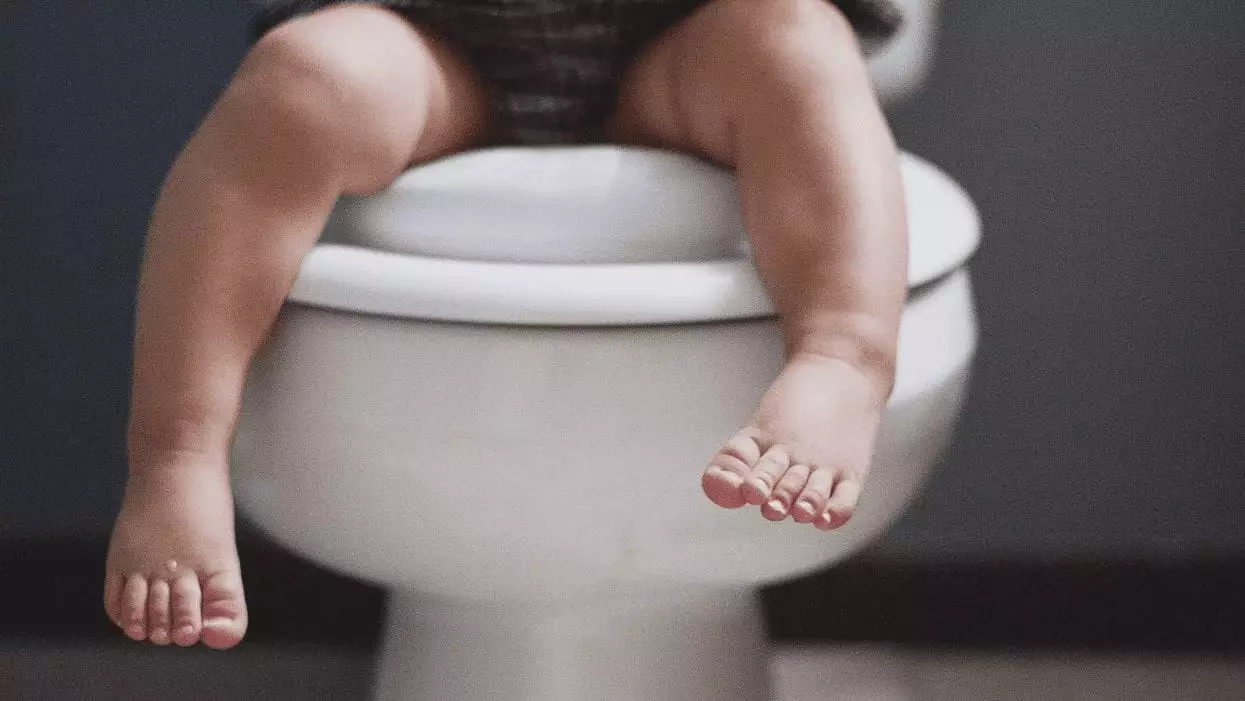Potty training is often regarded as a rite of passage in child-rearing, but it’s a journey filled with anticipation, anxiety, and unexpected twists. For many parents, the decision to begin this process is laden with a mix of excitement and trepidation, as they contemplate their toddler’s readiness and the myriad challenges that lie ahead.
Understanding Readiness and Timing
The key to a successful potty training experience lies not just in the readiness of the toddler but also in the timing chosen by the parents. Experts, such as Dr. Laura Markham, emphasize the importance of approaching this milestone with a certain level of ease and relaxation. Forcing the process or imposing external pressures, like those from preschools or societal expectations, can lead to unnecessary stress for both the parent and the child. Instead, it’s paramount to observe the child’s cues and to wait for a time when the family can dedicate themselves to the task at hand.
A very common tendency among parents is to compare their child’s progression in potty training with that of their peers. This can create a false sense of urgency, leading parents to feel as though their child is lagging behind. However, it is critical to acknowledge that each child develops at their own pace. The reality is that there are no strict timelines for potty training; what works for one child may not work for another.
As a parent navigates the potty training landscape, they are often bombarded with various myths and misconceptions that can create confusion. One of the most significant fallacies surrounding potty training is the belief that wearing underwear will magically motivate a child to use the toilet. In truth, simply donning ‘big kid’ pants does not guarantee success. Children may show enthusiasm for their new garments, but it doesn’t inherently translate to a desire to use the toilet.
Moreover, the misconception that regression means failure is something many parents grapple with. It is vital to understand that such setbacks are a normal part of the process. Children may initially excel in their learning only to experience lapses in confidence or ability later on, possibly related to stress, changes in routine, or even simple phases of development. Accepting that slips are not a direct reflection of parenting quality can ease a lot of parental anxiety.
The Emotional Roller Coaster of Potty Training
Potty training is indeed an emotional roller coaster for both parents and toddlers. For parents, the journey can feel like a relentless test of patience and adaptability. One day your child may master the toilet like it’s second nature, and the next, they may refuse to sit on it altogether. This shifting dynamic can be frustrating and disheartening.
On the flip side, children are often just as confused by the drastic changes being introduced to their routines. New undergarments, unfamiliar bathroom behaviors, and the expectations surrounding them can create feelings of puzzlement and anxiety. The balance between encouraging independence while providing support is delicate, and maintaining a positive, pressure-free atmosphere is essential.
Once a child is potty trained, many parents mistakenly believe they can now breathe a sigh of relief and forget about toilet-related issues altogether. However, challenges like nighttime bedwetting often resurface. This is not a failure on the parent’s part; rather, it underscores the complexity of child development. Just as the daytime potty training process requires patience, so too does helping a child through nighttime habits, which may take longer to resolve.
Additionally, the transition from reliance on diapers to independence in using the toilet often entails a shift in parental responsibilities. While parents look forward to retiring the diaper bag, they soon find themselves managing an array of other essentials, from snacks to toys—all in keeping with their child’s evolving needs.
Final Thoughts: A Journey Worth Embracing
Potty training is more than just a necessity in childhood development; it’s an enlightening journey filled with important lessons about trust, patience, and acceptance. Just as children flourish at different rates in this area, so do parents in their understanding of what it means to guide their little ones through such milestones. Ultimately, embracing the journey, acknowledging the challenges, and celebrating the moments of success—big and small—can transform what may seem like a daunting task into a treasured chapter in the story of parenthood.

